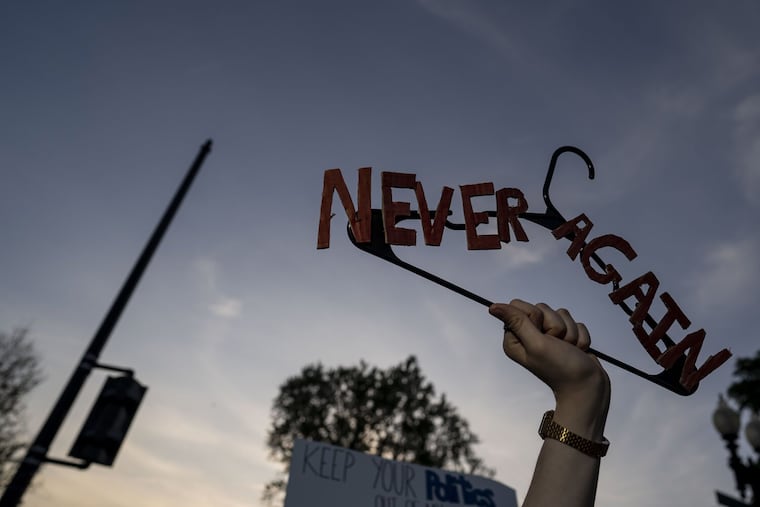How the legal history of witches impacts abortion
Alito saw historical inquiry as “essential” to his analysis. He looked far back in legal history to support his decision.

Should history guide our understanding of abortion rights today?
It did for Justice Samuel Alito, who wrote the Supreme Court’s opinion in Dobbs v. Jackson Women’s Health Organization, which overruled Roe v. Wade and declared that the United States Constitution does not protect the right to abortion.
Since that decision was issued in late June, total bans have taken effect in eight states, bans after the sixth week of pregnancy have taken effect in another four, and more bans may follow. Abortion remains legal in Pennsylvania, but the legislature passed a bill in early July to ask voters to amend the state constitution to permit new restrictions.
Alito saw historical inquiry as “essential” to his analysis. He looked far back in legal history to support his decision, paying particular attention to cases and treatises in England from the late 1600s and early 1700s.
One of Alito’s go-to authorities from that era was Sir Matthew Hale, an English judge and legal commentator, who considered abortion after quickening, the time when the fetus’s movements can be felt, a “great crime.” Alito also referenced statements of Hale’s that, he felt, reflected similar attitudes toward pre-quickening abortions and abortions using a “potion” given to the mother, analogous to medication abortion today.
As it turns out, Alito made an interesting choice in relying on Hale. Abortion was far from the only legal issue concerning women that he considered as a judge and legal commentator. Among the others was one on which he had an especially strong opinion: witches.
What did a guiding light of reproductive jurisprudence from more than 300 years ago have to say on that topic? In 1662, he presided over a trial in which two women, Amy Duny and Rose Cullender, were charged with “bewitching” seven other people. Hale’s attitude toward that offense reflected the same no-nonsense posture as his attitude toward abortion. He upheld the jury’s convictions of both and sentenced them to death.
In his opinion in the case, Hale made it clear that he had no patience for the practice of witchcraft or doubt about its existence. As his position was described in a contemporary account, “[T]hat there were such creatures as witches he made no doubt at all, for first, the Scriptures had affirmed as much.” Moreover, “[T]he wisdom of all nations had provided laws against such persons, which is an argument of their confidence of such a crime.” The defendants never confessed, and they were hanged soon after the trial concluded.
Of course, this get-tough attitude toward witches was not limited to the common law as applied in England. It was also part of the law as applied in the colonies that were to become the United States. In Salem, Mass., 30 years later, more than 200 people were accused of witchcraft and 20 were killed.
Hale also had strong opinions on other issues affecting women. He saw no basis for prosecuting husbands for raping their wives, stating in one case, “For the husband cannot be guilty of a rape committed by himself upon his lawful wife for by their mutual matrimonial consent and contract the wife hath given up herself in this kind unto her husband which she cannot retract.” That opinion had more staying power. It wasn’t finally repudiated in all states until 1993.
» READ MORE: Abortion is still legal in Pennsylvania — but it’s hanging by a thread | Expert Opinion
Some might think that the attitudes of someone like Hale are the product of a bygone era, much closer to Shakespeare’s time than to our own — hardly fundamental to an “essential” historical inquiry that guides jurisprudence today. We now know they would be wrong.
If attitudes from that era are to be a point of reference for the law on abortion, we should understand the full mindset they embodied. That historical inquiry could be quite revealing.
Robert I. Field is a professor of law at the Thomas R. Kline School of Law and a professor of health management and policy at the Dornsife School of Public Health at Drexel University.